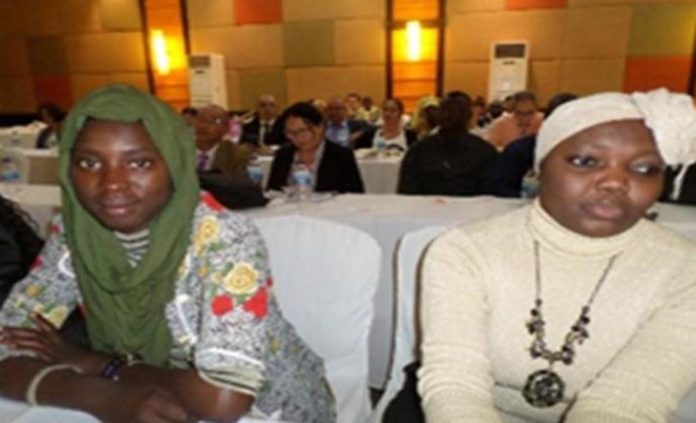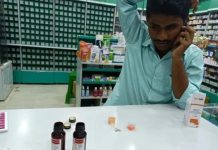Abdoulai G. Dibba
The Wassu Foundation and its research center Wassu Gambia Kafo (WGK), have organized the II International Forum on FGM/C in The Gambia under the theme: Exploring Strategies and Good Practices – From Local to Global – Evidence Into Action.
The meeting, which was scheduled from the 5th to 6th February, started at a local Hotel in Brufut and had the support of the European Union, the Government of the Republic of The Gambia, the Catalan Agency for Development Cooperation and the United Nations Population Fund (UNFPA).
According to the organisers, the forum is sequel to the previous one held in Brufut in 2009 and since then, several achievements have been accomplished, new challenges have come up and old ones still remain deeply rooted. According to them, following Wassu’s methodology of applied research and knowledge transfer on a transnational basis of migration, the main purpose of the event was to update research, development and intervention in The Gambia, Africa and Europe, for the management and prevention of FGM/C and sought to contribute to the 5.3 Sustainable Development Goals, to “eliminate all harmful practices, such as early child and forced marriage and female genital mutilation.”
Prof. Adriana Kaplan, the Director of Wassu Kafo stated that the aim of this II International Forum on FGM/C was to honor the 6thof February, the International day of zero Tolerance on FGM/C, by sharing experiences and knowledge among people from Africa and Europe, based on the recognition of the important role that proper and adequate scientific knowledge can play in efforts to end FGM/C, with the objective of improving girls´ and women´s health, recognizing their right to personal integrity and freedom, on the basis of social equality.
In recent decades, the Director of Wassu Kafo said Europe has become a destination for migrants from Sub-Saharan Africa; that this has meant that healthcare, social services, justice, and schools have discovered different cultural practices, dealing with new challenges.
She said FGM/C has a negative social impact because it contravenes legal, medical and cultural values; that in Europe, the practice presents profound professional dilemmas, stigmatizes women who have suffered from the practice and helps to reinforce prejudices and stereotypes. The Wassu Kafo Director stated that Continents and colors do not migrate, but people and cultures do; that what was once a local issue is now a matter of global concern.
“For this reason, the Forum offers an opportunity to discuss FGM/C in the Diaspora. It is with great pleasure that Wassu Gambia Kafo welcomes Health Professionals, Tutors and students of health sciences, judges and magistrates, policy makers, legislators, community and religious leaders, youth and women’s kafos to the forum. Because this is not a matter of black or white, men or women, young or old, Muslim or Christian. Nobody is an outsider when we talk about Human rights”, she stated.
The Vice President Aja Fatoumata Jallow Tambajang asserted that the National Assembly amended the Women’s Act, banning Female Circumcision in December 2015 and that this framework of the law protects the girl child. The Vice President added that FGM/C is an ancient practice that has remained deep rooted in 29 countries in sub-Saharan Africa, part of the Middle East and Asia. According to the vice president, FGM is still practiced as a traditional belief and mothers and grandmothers insist on excising the practice on their daughters to prepare them for marriage. She assured the gathering that though there is change of Government, it has nothing to do with positive laws; that the law banning Female Circumcision will be enforced.
The Minister of health and Social welfare Saffie Lowe Ceesay emphasised the harmful effects of FGM/C on women and girls and assured the organisers that her ministry over the years, has collaborated with partners to stop this harmful effect in the Country.
Ambassador Lajos pointed out that a sound evidence and knowledge base of FGM/C will be the backbone to any successful effort to make The Gambia a country where girls and women are free from the fear that their bodies will be mutilated or cut; that this is why they are proud to support Wassu in their effort to gather and share information in order for them to have the tools to take informed decisions.
He said the European Union funds the project “Evidence into Action: Applied Research and Knowledge Transfer for the Management and Prevention of Female Genital Mutilation/Cutting in The Gambia”; that the EU works alongside UNFPA, Government and the Catalan Agency for Development.




















